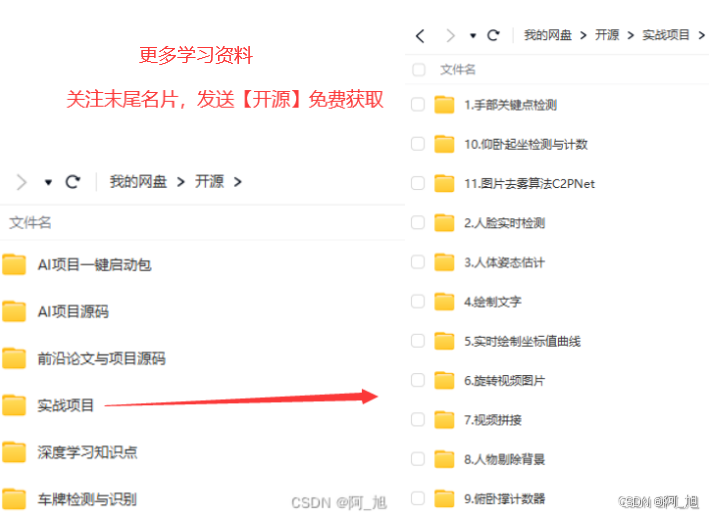我们来分析一下主函数中T的最终类型是什么。
// T1
template<int...>
struct IndexSeq {};// T2
template<int N, int... Indices>
struct MakeIndices : MakeIndices<N - 1, N - 1, Indices...> {};// T3
template<int... Indices>
struct MakeIndices<0, Indices...>
{typedef IndexSeq<Indices...> type;
};int main()
{using T = MakeIndices<3>::type;
}
MakeIndices<3>
非类型参数构成类型的一部分,因此 MakeIndices<3> 也是一个独一无二的类型。
类型 MakeIndices<3> 匹配模板T2,不过参数包里没有模板参数,由此展开生成如下代码:
struct MakeIndices<3> : public MakeIndices<2, 2> // 参数包参数个数为0,展开后就是没有
{
};
MakeIndices<2, 2>
类型 MakeIndices<2, 2> 匹配模板T2,参数包有1个参数,值为2,由此展开生成如下代码:
struct MakeIndices<2, 2> : public MakeIndices<1, 1, 2> // 参数包有1个值为2(后面的那个2)的参数
{
};
MakeIndices<1, 1, 2>
类型 MakeIndices<1, 1, 2> 匹配模板T2,参数包有2个参数,值为1,2,由此展开生成如下代码:
struct MakeIndices<1, 1, 2> : public MakeIndices<0, 0, 1, 2>
{
};
MakeIndices<0, 0, 1, 2>
类型 MakeIndices<0, 0, 1, 2> 匹配特化模板T3,参数包有3个参数,值为0,1,2,由此展开生成如下代码:
struct MakeIndices<0, 0, 1, 2>
{typedef IndexSeq<0, 1, 2> type;
};
MakeIndices<3>::type
由此 MakeIndices<3>::type 的类型为:struct IndexSeq<0, 1, 2>






